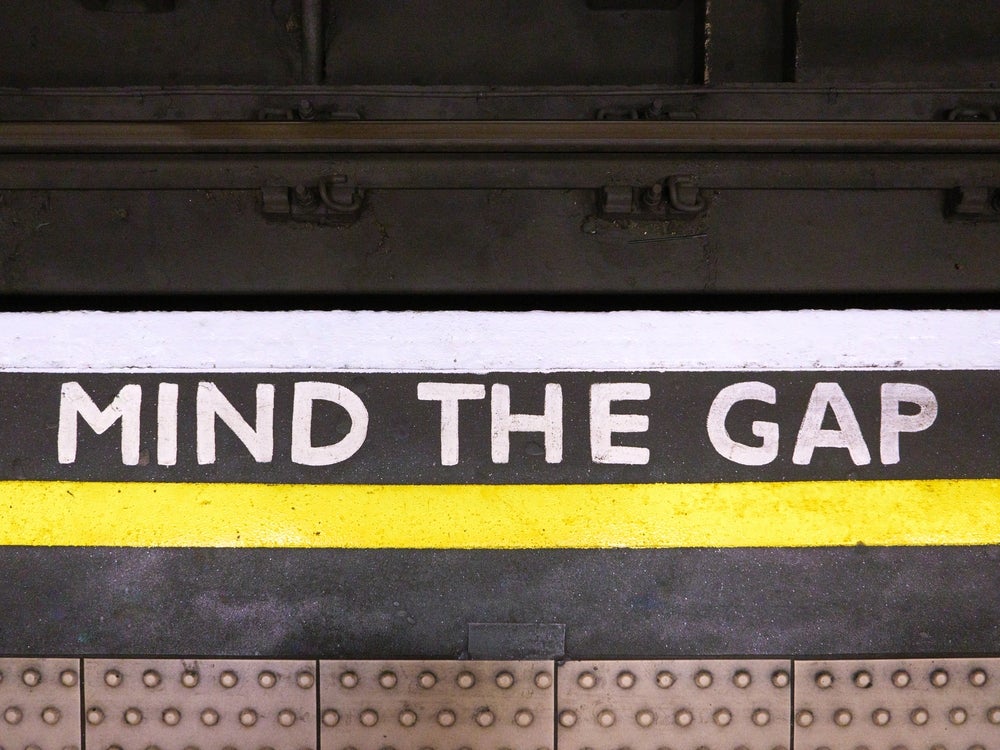The technical team of the Institute of Chartered Accountants of Scotland (ICAS) has come up with a number of questions and answers about the implications of the Brexit.
The following are ICAS questions and answers on business and trade issues, which we reproduce with permission:
#1. What immediate measures will the UK Government take to attempt to minimise the impact of Brexit on the UK economy, British jobs and the efforts to restore the public finances?
The Governor of the Bank of England (BOE) outlined on 24 June the steps which have already been taken. He advised in his statement that:
– The Treasury and the BOE have engaged in extensive contingency planning and the chancellor said this would be acted upon where necessary.
– The BOE will not hesitate to take additional measures as required as those markets adjust and the UK economy moves forward.
How well do you really know your competitors?
Access the most comprehensive Company Profiles on the market, powered by GlobalData. Save hours of research. Gain competitive edge.

Thank you!
Your download email will arrive shortly
Not ready to buy yet? Download a free sample
We are confident about the unique quality of our Company Profiles. However, we want you to make the most beneficial decision for your business, so we offer a free sample that you can download by submitting the below form
By GlobalData– The BOE has stress tested UK banks against scenarios more severe than the country currently faces. As a result of these actions, UK banks have raised over £130bn of capital, and now have more than £600bn of high quality liquid assets. This substantial capital and huge liquidity gives banks the flexibility they need to continue to lend to UK businesses and households, even during challenging times.
– Moreover, as a backstop, and to support the functioning of markets, the BOE stands ready to provide more than £250bn of additional funds through its normal facilities. It is also able to provide substantial liquidity in foreign currency, if required.
– The BOE expects institutions to draw on this funding if and when appropriate, just as they would be expected to draw on their own resources as needed in order to provide credit, to support markets and to supply other financial services to the real economy.
This is obviously a fluid situation that will be kept under review.
#2. When will the emergency budget promised by the Chancellor take place?
The Chancellor stated on the morning of 27 June that there would be no emergency budget prior to the election of a new leader of the Conservative Party (new prime minister).
He did however highlight that there would be a need to adjust the economy but that that decision could wait until the new leader was appointed (expected to be early September).
Any decision on whether there is a need for an emergency budget may be further complicated by the possibility of the new prime minister seeking a mandate of approval from the electorate in a general election.
#3. How can we continue to attract foreign direct investment, given the uncertainties which now prevail?
As the Chancellor stated in his speech on 27 June, "The UK remains open for business". That said, the current levels of uncertainty are likely to be a factor that any foreign investors will consider very seriously before investing in the UK or indeed in other parts of the EU at this time.
This is very much a fluid situation and greater clarity may be forthcoming in the coming days and weeks ahead.
#4. What trading arrangements and tariffs will the UK be able to negotiate with the EU and with other countries across the world, and how long will these take to agree?
The UK Government will need to decide what their vision for a UK out of the EU will look like. It has to be borne in mind that the EU exports more to the UK than vice versa.
Therefore, it is in both party’s interests, specifically with regards to key nations such as Germany, for a trade deal to be struck.
If, however, a deal is not struck, then the UK would most likely apply the World Trade Organisation (WTO) agreements that the EU has in place with its other trading partners. The time taken to negotiate deals with non EU countries will vary on a jurisdiction by jurisdiction basis.
#5. What arrangements will the UK Government put in place to support companies who may find themselves in financial difficulties as a result of Brexit and how will they support these companies and their workers?
Please refer to the response to question 1 above.
#6. How will the UK Government change its policies on immigration and what will that mean for UK businesses and their access to skills and manpower, and for multinational companies and international organisations based in the UK with multinational teams?
In the period until the UK actually leaves the EU, the UK Government will not be able to make any changes to its immigration policy. On exit, the UK Government will need to decide whether it wants to make any changes in these areas.
The extent to which it will be able to do so will also depend to some extent on the terms of any agreement that it agrees with the EU e.g. if the UK were to join the European Economic Area (EEA) then the free movement of people principle would probably still apply.
#7. Will the UK Government need to change workers’ rights and environmental protection?
In the period until the UK actually leaves the EU, the UK Government will not be able to make any changes to workers’ rights and environmental legislation that emanate from EU legislation.
On exit the UK Government will need to decide whether it wants to make any changes in these areas. The extent to which it will be able to do so will also depend to some extent on the terms of any agreement that it agrees with the EU. It will also need to take account of the views of the electorate, business and NGOs.
#8. Might the UK Government now selectively support UK companies which EU state aid rules have hitherto prevented? Would our trading partners see this as unfair competition and seek to retaliate in some way?
Again, the UK will need to abide by the EU State Aid Rules until it leaves the EU. The extent to which it will be able to offer support post exit will also be subject to the rules of the World Trade Organisation (WTO) and to some degree depend on the terms of the agreement that the UK negotiates with the EU.
There is, however, the possibility that there may be some scope to offer more selective support particularly in relation to smaller entities. However, it should be noted that UK Governments have generally been supportive of strong state aid rules to ensure aid is well targeted to address market failures and avoid negative effects on competition.






